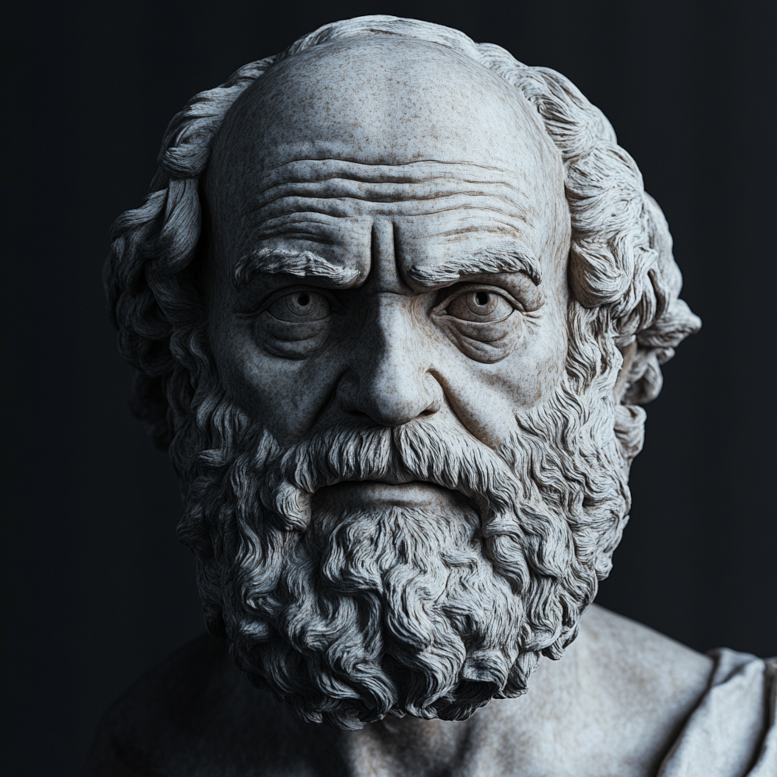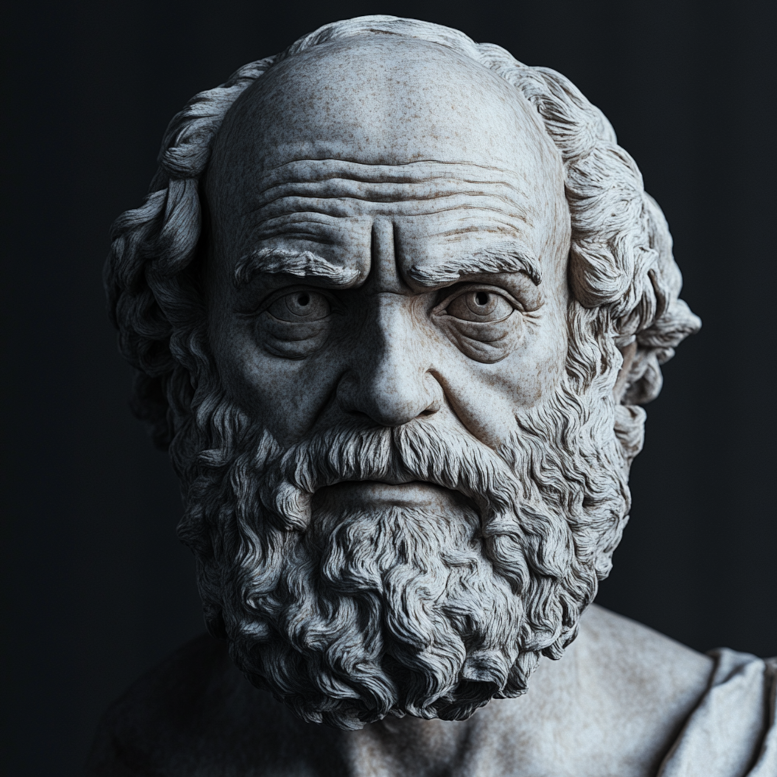


Homer is traditionally considered the ancient Greek author of two of the most important and enduring works of Western literature, the Iliad and the Odyssey. These epic poems, which date back to around the 8th century BCE, are foundational texts of the Western canon and have had a profound influence on the literature, art, and culture of the ancient and modern worlds. Although little is known about Homer’s life, and there is ongoing scholarly debate regarding his historical existence, the works attributed to him have shaped the understanding of heroism, the human condition, and the Greek cultural heritage.
The Iliad and the Odyssey
The Iliad: The Iliad is set during the Trojan War, a legendary conflict between the Greeks (Achaeans) and the city of Troy. The poem primarily focuses on the hero Achilles, exploring themes of wrath, honor, mortality, and the consequences of war. The Iliad begins with Achilles’ anger over being dishonored by Agamemnon, the leader of the Greek forces, and details the resulting tragic events, including the death of Achilles’ close friend Patroclus and the ultimate confrontation between Achilles and Hector, Troy’s greatest warrior.
The Odyssey: The Odyssey is a sequel to the Iliad and follows the hero Odysseus as he attempts to return home to Ithaca after the fall of Troy. The poem chronicles Odysseus’ ten-year journey filled with trials and adventures, including encounters with mythical creatures like the Cyclops, the Sirens, and the sorceress Circe. Alongside the story of Odysseus, the Odyssey also explores the struggles of his wife, Penelope, and son, Telemachus, as they await his return. Themes of cunning, perseverance, and the longing for home are central to the narrative.
Authorship and the Homeric Question
The Homeric Question: The question of Homer’s existence and the authorship of the Iliad and the Odyssey has been the subject of scholarly debate for centuries, known as the "Homeric Question." Some scholars argue that the poems were the work of a single individual, while others suggest that they are the product of a long oral tradition that was eventually written down. The lack of concrete historical evidence about Homer’s life and the varying dialects and styles within the poems have led some to propose that the epics were composed by multiple authors over time.
Oral Tradition: The Iliad and the Odyssey are believed to have originated in an oral tradition, where stories were passed down through generations by word of mouth before being transcribed. The poems’ use of formulaic expressions, repetitive structures, and epic similes suggest they were designed for oral performance. This tradition of oral storytelling was central to Greek culture, and the epics likely evolved through the contributions of many different storytellers before being attributed to Homer.
Impact and Legacy
Influence on Greek Culture: The Iliad and the Odyssey were integral to ancient Greek education and culture. They provided moral lessons, historical context, and religious beliefs, shaping Greek identity and values. The characters and themes of these epics influenced Greek drama, philosophy, and mythology, and they continued to be revered throughout antiquity.
Literary Legacy: Homer’s epics are considered the earliest and among the greatest works of Western literature. They set the standard for the epic genre, influencing later writers like Virgil, Dante, and Milton. The Iliad and the Odyssey also introduced enduring literary themes, such as the hero’s journey, the tragic flaw, and the exploration of fate and free will, which have been revisited and reinterpreted across centuries.
Modern Interpretations and Adaptations: The influence of Homer extends far beyond the ancient world. The Iliad and the Odyssey have been translated into numerous languages and adapted into various forms of art, including literature, opera, theater, and film. Modern writers and scholars continue to find new meanings in these ancient texts, exploring themes of war, peace, identity, and the human experience.
Homer, whether an individual or a symbolic representation of a collective tradition, stands at the very foundation of Western literature. The Iliad and the Odyssey are not only epic tales of heroism and adventure but also profound explorations of human nature, morality, and the complexities of life. Their enduring relevance and influence are a testament to the power of storytelling and the universal themes that resonate across time and cultures. Homer's legacy continues to be celebrated as a cornerstone of literary history, inspiring generations of readers and creators worldwide.

We use cookies
We use cookies and other tracking technologies to improve your browsing experience on our website, to show you personalized content and targeted ads, to analyze our website traffic, and to understand where our visitors are coming from. Privacy Policy.